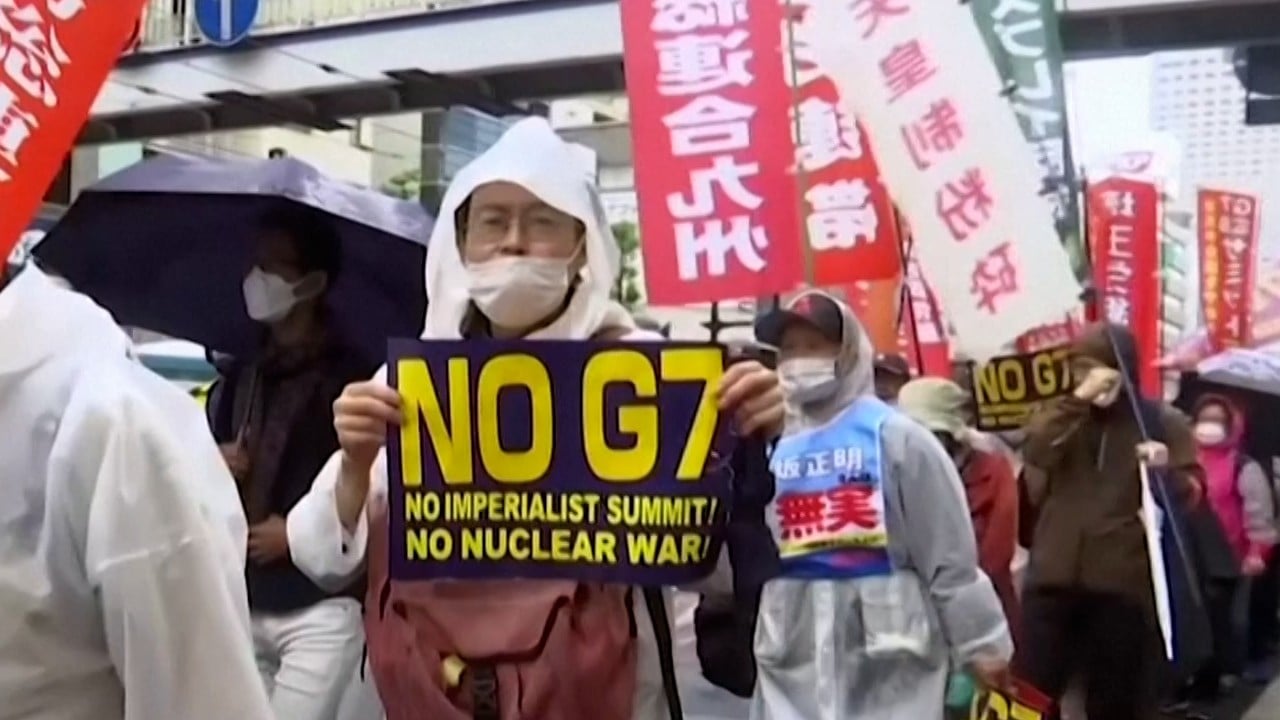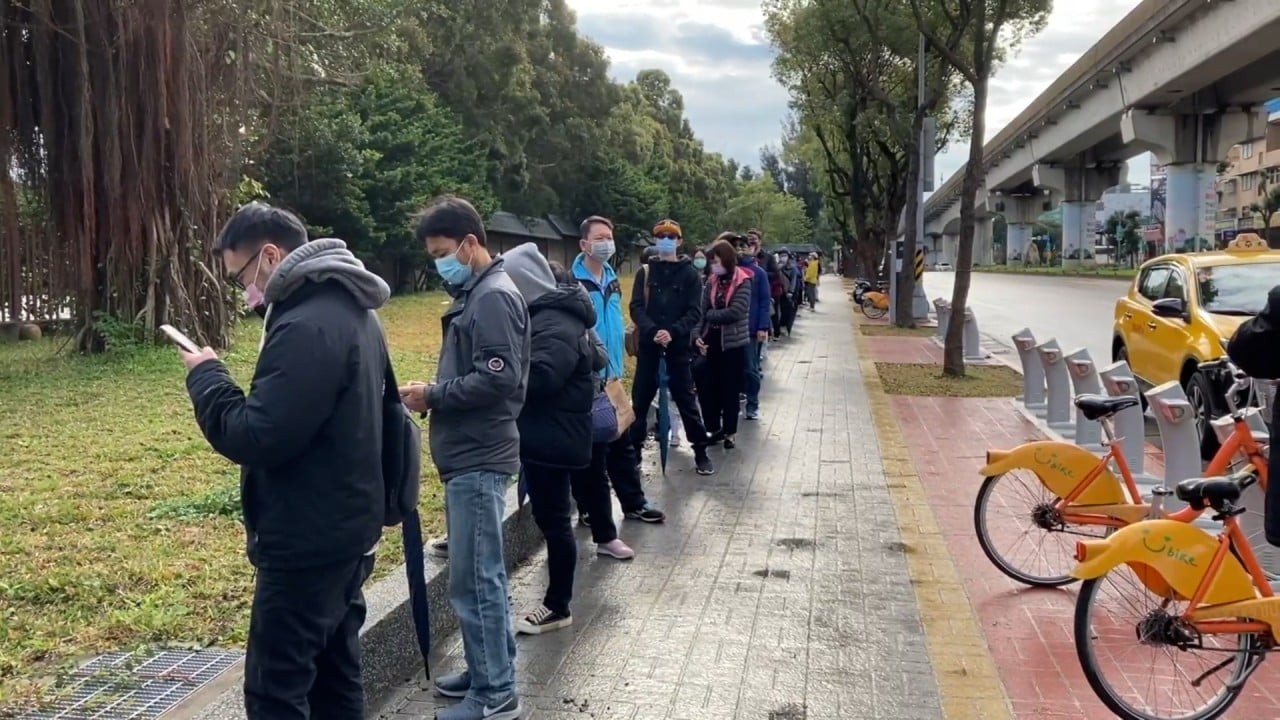
The West’s fight against China’s ‘economic coercion’ is misguided and misleading
- The G7’s latest move to take trade disputes into its own hands only weakens the WTO and suggests selfish geopolitical aims
- China has been a victim of Western sanctions for decades and it is time for the world to demand an end to the misguided fight against economic coercion
Economic coercion is not as new as some of us might think. Surfing the web for material for this commentary, I came across a United Nations document.
A 1991 resolution by the UN General Assembly “calls upon developed countries to refrain from making use of their predominant position in the international economy to exercise political or economic coercion through the application of economic instruments with the purpose of inducing changes in the economic, political, commercial and social policies of other countries”.
It seems developed countries’ use of economic coercion was already widespread. Bad habits die hard. Thirty-odd years on, developed countries have not changed tack. Rather, they have continued to deploy coercive economic measures with increased scope and magnitude. Between 2000 and 2021, the number of sanctions Washington slapped on other countries jumped over ninefold to more than 9,400.
Under Donald Trump alone, the US imposed nearly 4,000 sanctions, averaging three a day. Over the decades, US sanctions have hit nearly 40 countries, affecting almost half of the world’s population. Over 30 countries remain on its sanctions list.
But the G7’s plans are inconsistent with its commitment to the World Trade Organization. WTO members agree to use the multilateral trading system to settle disputes when they believe fellow members have violated trade rules.
Further, the WTO agreement stipulates that members shall not “make a determination to the effect that a violation has occurred”.
China and the West have different perspectives on Beijing’s trade measures against Australia and Lithuania. But if we take the G7 nations at their word, it would be fair to conclude that their claims are driven by geopolitics.
By labelling China’s trade measures towards Australia and Lithuania as economic coercion, the G7 is, in effect, endorsing these countries’ provocations. It sends a strong signal that the G7 is ready to back actions that antagonise and confront China. Analysts say the move was intended to abet hostilities towards China, and encourage other countries to adopt positions and policies that hurt Chinese interests.
Unsurprisingly, many in China see the G7’s move as a replay of Western powers’ interactions with their country at the turn of the last century.
G7 leaders should focus on economic progress, not economic confrontation
Yet, a more accurate description is that the G7 aspires to a new global economic order where the West again dominates, writing global rules to be forced down the throats of developing countries, self-appointed as judges and dictating to the rest of the world.
In the 1991 UN resolution, the General Assembly “calls upon the international community to adopt urgent and effective measures to eliminate the use by some developed countries of unilateral economic coercive measures against developing countries”.
Today, it is even more critical for the world to demand – and put – an end to the G7’s ever-pervasive “economic coercive measures” and, indeed, its misguided fight against what it calls “economic coercion”.
Zhou Xiaoming is a senior fellow at the Centre for China and Globalisation in Beijing and a former deputy representative of China’s Permanent Mission to the United Nations Office in Geneva



